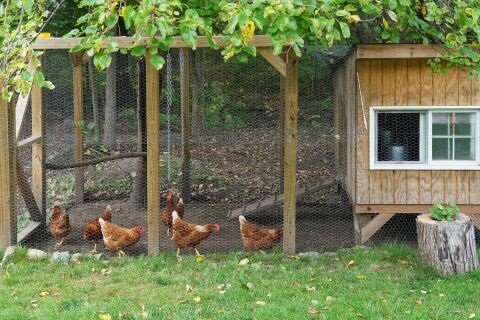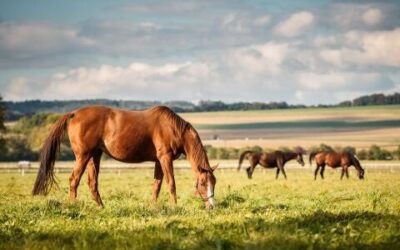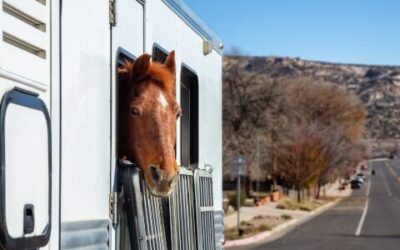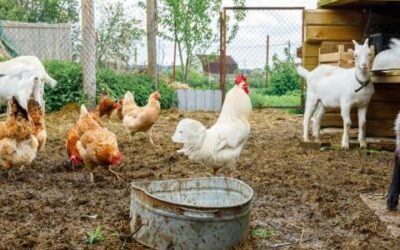
The allure of hobby farming beckons to those seeking a closer connection to the land, a more sustainable lifestyle, or simply the joy of nurturing plants and animals. Unfortunately, the process can be challenging if you don’t know the basic steps. Before you dive headfirst into the rewarding world of hobby farming, it’s essential to gather knowledge and plan strategically. In this guide, we’ll explore key considerations and vital information to equip you for a successful start on your hobby-farming journey.
Define Your Goals
Starting a hobby farm can be a lot of fun, but there are many things that can go wrong. Before breaking ground, take a moment to define your goals for the hobby farm. Are you interested in growing vegetables, raising animals, or both? Understanding your objectives will guide your decisions on land size, infrastructure, and the types of crops or animals you want to manage.
Assess Your Resources
Hobby farming can be as small-scale or extensive as you desire, but it’s crucial to assess your resources realistically. Consider the size of the land available, the amount of time you can commit, and your budget. Starting small allows you to gain valuable experience without overwhelming yourself or your resources. So, if you’re planning to start a hobby farm, consider your assets and how they can be leveraged to maximize profits or minimize waste.
Choose the Right Location
The location of your hobby farm is pivotal to its success. Factors such as climate, soil quality, and proximity to essential services should be considered. Different crops and animals thrive in specific environments, so choose a location that aligns with your aspirations and the needs of your chosen farming pursuits.
Educate Yourself
Successful hobby farming requires knowledge and skills. Take the time to educate yourself on the basics of gardening, animal husbandry, and sustainable farming practices. Local agricultural extension offices, workshops, and online resources can be invaluable tools to expand your understanding of the specific needs of your chosen plants or animals.
Start With a Solid Plan
Develop a comprehensive plan that outlines your goals, resources, and timelines. Include details on the layout of your farm, crop rotations, and animal care schedules. A well-thought-out plan will serve as a roadmap, helping you stay organized and focused as you navigate the challenges and joys of hobby farming.
Consider Zoning and Regulations
Check local zoning regulations and restrictions related to hobby farming in your area. Different regions have varying rules regarding land use, livestock, and agricultural practices. Understanding these regulations early on can prevent legal issues and ensure a smooth and compliant farming experience.
Invest in Essential Equipment
While hobby farming doesn’t require the extensive machinery seen on large-scale farms, investing in essential equipment is still necessary. Basic gardening tools, fencing materials, animal shelters, and bedding, like chicken coop straw, are among the items you’ll need. Consider secondhand or repurposed equipment to minimize costs.
Build Sustainable Practices
One of the best things about hobby farming is that it allows you to embrace sustainable farming practices from the beginning. This includes responsible water usage, soil conservation, and integrated pest management. Incorporating eco-friendly practices not only benefits the environment but also contributes to the long-term success of your hobby farm.
Start With Manageable Crops and Animals
It’s tempting to envision a diverse and expansive farm, but starting small is key to managing your resources effectively. Choose crops and animals that align with your experience level and available time. As you gain confidence and experience, you can gradually expand your farming endeavors.
Connect With the Community
Join local farming communities, attend farmers’ markets, and connect with experienced hobby farmers. Building a network of like-minded individuals provides valuable support, advice, and camaraderie. Learning from the experiences of others can help you navigate challenges and celebrate successes in your hobby-farming journey.
Embarking on a hobby-farming adventure is a fulfilling endeavor that requires careful planning, dedication, and a love for the land. By defining your goals, assessing resources, educating yourself, and building a solid plan, you set the foundation for a successful and rewarding experience. Whether you dream of cultivating vibrant gardens or raising contented animals, the world of hobby farming awaits you with opportunities for growth, learning, and a deeper connection to the rhythms of nature.




